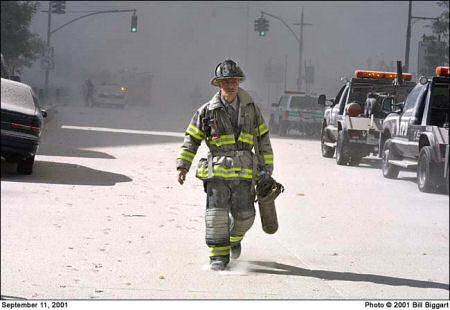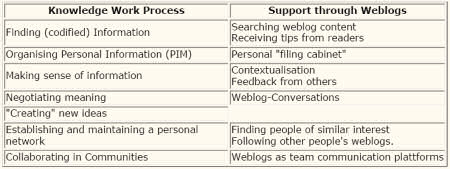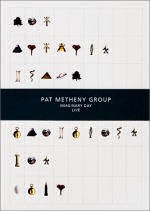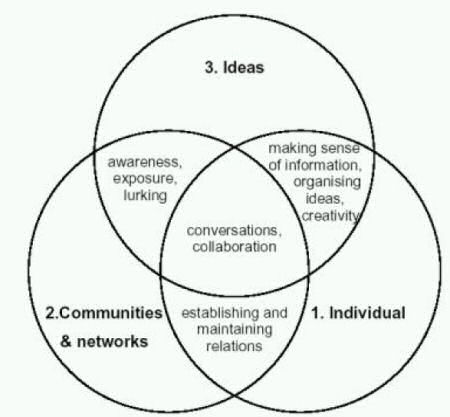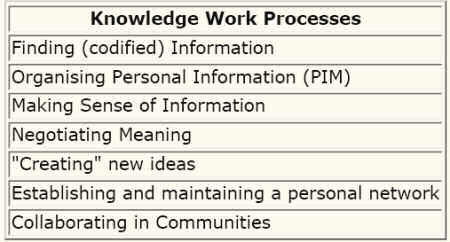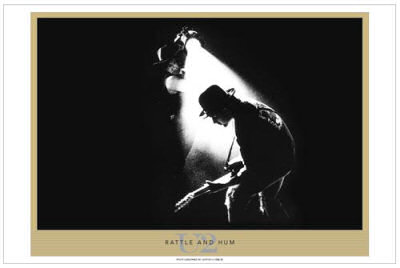Loic posted a great article about the economical development in China on last Sunday. If you think that China is going to have an impact on us – or specially if you don NOT think so – I recommend strongly the reading of this article!
Some extracts:
China has grown at 8% per year for many years, it is the sixth economy in the World. The standard of living has improved dramatically with an average per capita income above $1000, it was only $300 twenty years ago. 400 million Chinese are now above the global poverty line.
What strikes me the most is how unprepared the US and Europe are to China’s growth. The impact of China’s economic development is now already huge on the Global Economy. The first consequence that is very often seen is of course jobs being transferred to China but the impact of China’s internal demand for energy for example is equally important, China is for example now the second largest importer of oil and second largest electricity consumer. This has an impact on global energy prices and it will only increase.
The technology education available in China is according to Robert to World Class Standards. China graduates 2 to 2.5 million students a year and 60% of them are in the technology sector, where India graduates 1 million for 50% in technology and the USA 2 million a year with only 25% in technology.
We mostly think about toys or clothes production when we think about China. China has become the manufacture of the World but with such high standards of education and such a high number of highly qualified technology graduates China is now ready to move to the next step and create World Class leaders and companies. It would be a big mistake to consider China’s competition to the US, Europe and Japan as low cost subcontracting capabilities only.
Seen from the US and Europe, the threat is generally understood as loosing jobs subcontracted in China. It should probably be understood more as new fast moving Chinese companies created and not only addressing their local market but becoming new leaders.

 Great visit today in an impressive and beautiful place!
Great visit today in an impressive and beautiful place!





